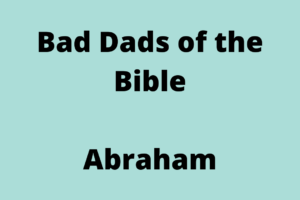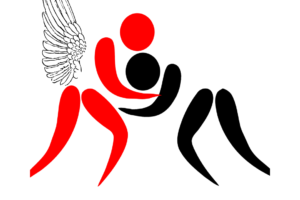For Earth Day, I thought I would share an excerpt from the 2nd part of my book. This is unedited and subject to change, but it would be helpful if could get some feedback in the comments.
Noblesse Oblige is a French phrase from the 1800s that literally means nobility obligates. The idea attempts to communicate that nobility extends beyond entitlements (such as land or wealth) and requires the person who holds those entitlements to fulfill social responsibilities. In a general sense, wealth, power and prestige come with responsibilities to those who do not have wealth, power or prestige. For example, imagine that I was a wealthy person with a house much larger than my family could fill. Noblesse Oblige would dictate that I hire a gardener or maid or both and perhaps even allow them to live (with their families) on the premises. It would not matter whether I needed a maid or gardener, only that I had means to employ them. By doing so, I ensure they are well fed and their children cared for. This allows my family to understand what it is like to not have wealth and their families to have wealth to aspire to. You see my wealth is not simply for me to hoard. It is there to raise the status of all those around me, be that men and women of equal power or those of less. The phrase, “a rising tide raises all boats.” comes to mind. While Noblesse Oblige is typically applied in economic or social settings of the interaction between the rich and poor, we can apply it to how we interact with nature. As the dominant being in the relationship, it applies well to the recognition of where man and nature ought to meet.
Applying Noblesse Oblige to nature may not appear to have economic or societal impacts outside of how men treat other in the wake of a natural disaster. Consider this though, our entire economy depends on our ability to obtain increased yields from nature. For example, how does the cost of corn affect the price of smartphones? Corn is a base product. It is used in many foods as filler. Ground beef, for example, could contain up to 20% corn. So, an increase in the cost of corn increases the cost of meat. Even corn that does not get consumed raw by humans or as filler gets fed to cattle, pigs, and other livestock. If livestock feed is more expensive, then all animal products become more expensive from milk to manure. Milk, in particular, is used in baking processes, like bagels, donuts muffins cakes etc. maybe you get milk in your coffee too. Then, because corn price is up, the milk price is up and therefore coffee and bagel price is up. That increase in price is known as a “cost of living” increase. If the cost of living rises then salaries will rise to account for this, even the salaries of a smartphone manufacturer or designer. With the increase in salary, the cost of a smartphone must increase to compensate. In this manner, we can see how the cost of corn (a product yielded by nature) affects the cost of a man made good like the smartphone. In this manner, we can see that our relationship with nature is very economical.
Beyond this notion of economics, there is a sociological impact as relates to Noblesse Oblige. If we are the stronger and more powerful member in this relationship, able to shape nature to fit our needs, then we ought to care for it as though we are the more noble in the relationship. Yet, we do not treat nature as though we are the more noble. We abuse, or are apathetic or are in too much love with that which is created. We do not recognize the cost this has. There are two ways we fail to recognize the cost of our disunity with nature. The first is that we fail to appreciate the personal cost of disunity with nature. The second is we fail to recognize the community cost.
The personal cost of disunity with nature plays out every day. Weeds grow in our gardens, birds poop on us, but more complex is that we even have to go to work. In the book of Genesis, God curses us to have to work the ground. This means that we now had to get down and pull weeds. Before we did not have to work the ground, no weed pulling! We could no longer ask the birds to roost here or there. Farmers exist, they labor in the ground to grow crops. Because they do that I can write this book. We have to work to eat. The earth no longer just opens up to us. It costs us time, blood, sweat and tears just to get what was once given freely. The cost of this is incalculable in pure economics. More so, the cost to our soul. Have you ever looked at your home and known you could do more, that you could have more. So we work harder to have more. We work harder and harder to the neglect of more important things like other people, our families, our self and even our God until the work is all we have. The sad thing is we weren’t even designed to work as we do, just scraping by. God had us unified with nature, allowing that relationship to provide for our physical needs, but we wanted more. How do we get more? We refuse to care about the cost of nature even though inflation is ever present.




